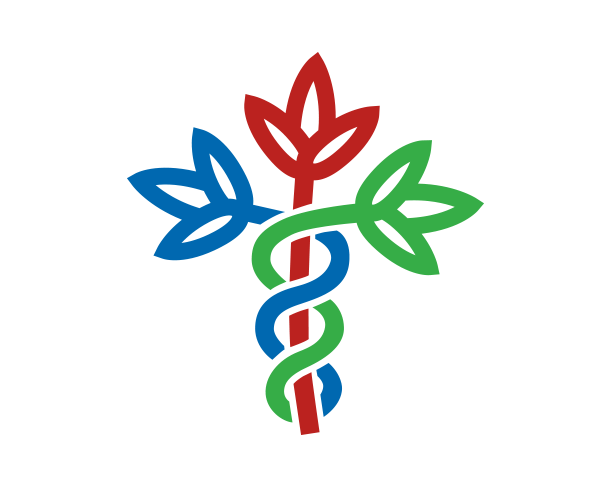First-line care for lifelong well-being
Physiotherapy is a first-line, autonomous health-care profession in growing demand. It focuses on improving and maintaining functional independence while helping individuals restore movement, manage pain, prevent injury and improve their overall health.
Transform lives through movement
Our Master of Health Sciences Physiotherapy program is designed for those who are passionate about promotingmovement, recovery and health. With a balanced blend of hands-on learning, theoretical knowledge and clinical expertise, you will be prepared to enhance thequality of life and independence of your patients.






